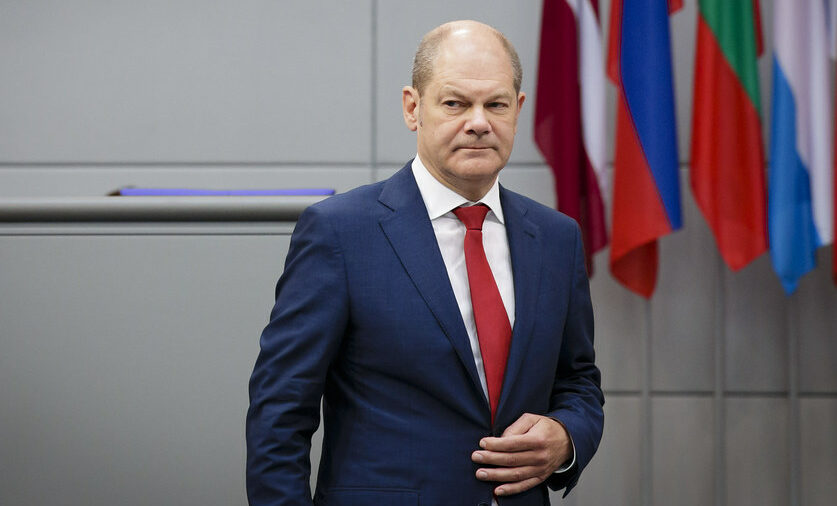The economy in Germany is struggling, here are the latest data

Here are the latest (not comforting) data on the German economy
In Germany, companies surprisingly reduced their production in November 2023 for the sixth month in a row. Industry, construction and energy suppliers produced a total of 0.7% less compared to the previous month, according to what was communicated by the Federal Statistics Office (Destatis). A negative result that is surprising, despite the depressed climate that the German economy has been experiencing for months now, since economists had expected an increase of 0.2%, after the decline of 0.3% in October.
THE DISAPPOINTMENT OF ECONOMISTS IN GERMANY
Instead of the plus sign, the minus sign was repeated, a sign that the engines are still packed.
“The new significant decline in industrial production shows that companies are increasingly reacting to the lack of orders,” said Jörg Krämer, chief economist at Commerzbank, in a comment to the business daily Handelsblatt , “the recent interest rate increases at global response to high inflation are making their weight felt."
IMPROVEMENTS ARE NOT IN SIGHT SOON
An improvement is not in sight anytime soon. Institutional sources also admit this. “In light of current leading indicators, such as incoming orders and the business climate, a rapid turnaround in the industrial economy cannot be expected,” commented the Green-led Federal Ministry of Economic Affairs Robert Habeck regarding the current development. From September to November, new industrial activity was 4.5% lower than the previous three months. There remains space for hope and optimism, necessary ingredients for those who lead an economy as important as the German one, despite the fact that the real data continues to push the desired recovery further forward. The spokespersons of the ministry, interviewed in the press conferences of recent days, reiterate that "in light of the expected recovery of the internal economy and the increase in exports, there is always hope for a recovery during the year".
EXPORT INDUSTRY IN DECLINE
Current industrial data, however, reveal the harsh face of the ongoing crisis. Again according to what was reported by the Federal Statistical Office in Wiesbaden, the export-dependent industry alone produced 0.5% less in November compared to the previous month. The production of capital goods, such as machinery and vehicles, suffered a particularly sharp decline of 0.7%. Intermediate goods decreased by 0.5% and consumer goods by 0.1%.
THE CRISIS IN THE CONSTRUCTION SECTOR
The only rising data concerns energy production, which instead grew by 3.9%. But we come from very low numbers in all the previous months of 2023. So much so that even data that could be positive, such as those on CO2 emissions, actually reveal negative reasons.
According to preliminary data from a study by the think tank Agora Energiewende, CO2 emissions in Germany have in fact decreased dramatically in 2023. At 673 million tonnes, emissions were 46 percent lower than in the base year 1990. This is the lowest level since the 1950s.
But for Simon Müller, head of Agora Energiewende in Germany, the main reasons for this development are different: the production of electricity from coal has reached a historic low, but above all there has been a decline in production due to the crisis.
Finally, Destatis' November data on the construction sector, where production fell by 2.9%. The construction industry is struggling with high interest costs, which are making private and professional investors cautious and the sector is in a crisis that seemed unimaginable just a few years ago.
This is a machine translation from Italian language of a post published on Start Magazine at the URL https://www.startmag.it/primo-piano/calo-produzione-industriale-germania/ on Wed, 10 Jan 2024 06:40:13 +0000.
